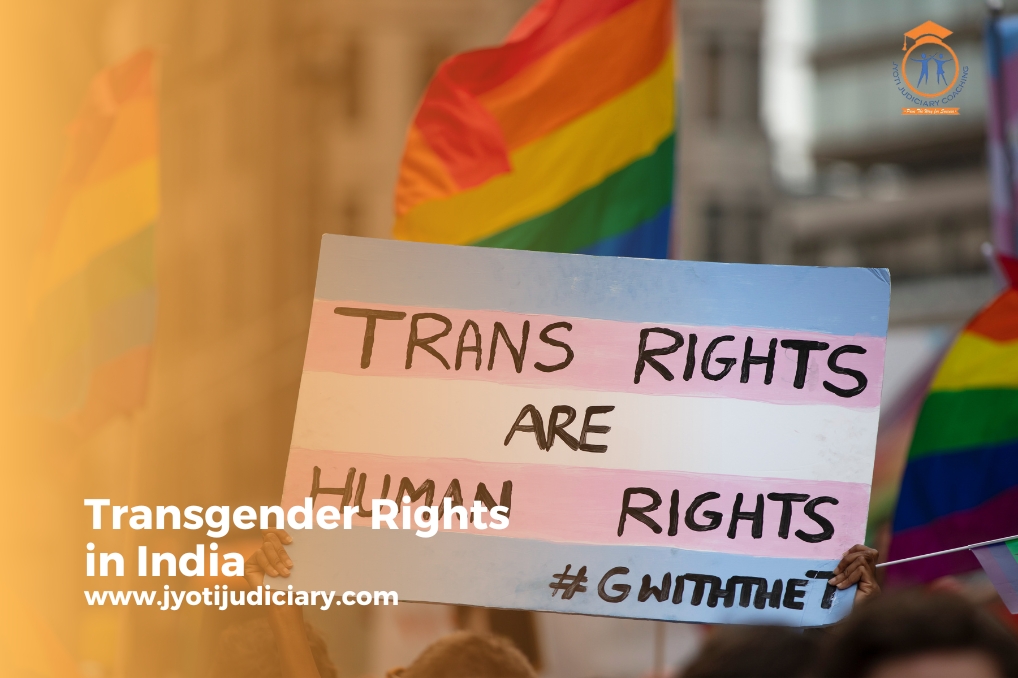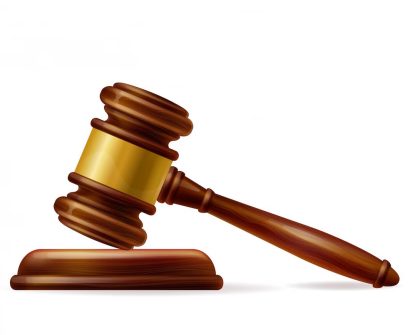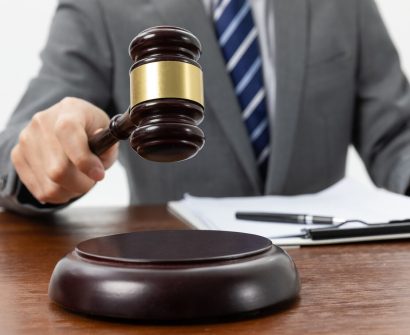
The struggle for transgender rights is an ongoing struggle in the field of human rights that is tainted by violence, discrimination, and prejudice worldwide. The struggle has been particularly severe in India, where transgender people have traditionally encountered systemic barriers that have stopped them from obtaining employment and basic rights.
On the opposite end of the spectrum, significant progress has been achieved in recent years in acknowledging and safeguarding the rights of transgender individuals, indicating an enormous shift in India’s social and legal climate.
Transgender Rights in India
- People who identify as transgender are those who defy gender norms and the idea that there are only two genders, man and woman. They are distinguished by their unique traits, behaviours, and physical attributes.
- Because they identify as transgender, transgender people have experienced social oppression because society does not accept them and they are often the targets of physical violence.
- Their primary issues are inadequate education, joblessness, homelessness, a lack of access to healthcare, depression, alcohol misuse, and prejudice all throughout their lives.
- Their rights have been guaranteed by the Indian Constitution, and the Supreme Court has granted them recognition as the “Third Gender” and some welfare measures in order to uphold their rights and address their issues.
Human Rights of Transgender in India
Under the Transgender Persons (Protection of Rights) Act, 2019, the following legal rights of transgender in india are to be granted to the transgender community by the Central Government:
- Prohibition against Discrimination: Under this transgender act in india, it is illegal to discriminate against a transgender person in any of the following ways: by denying them services or treating them unfairly in the following areas: education, employment, healthcare, transportation, right of way, access to public goods, facilities, and opportunities, right of residence, right to rent or otherwise occupy property, opportunity to hold public or private office, and access to government or private establishments that care for or custody of transgender people.
- Right of Residence: Each and every transgender person is entitled to live in and be a part of his household. A competent court may order the placement of a transgender person in a rehabilitation centre if the person’s immediate family is unable to provide for them.
- Right to Employment: A transgender person is not subject to discrimination in the workplace, including in terms of hiring or promoting policies, by either the public or private sector. To handle complaints against the Act, each business must appoint a person to serve as a complaint officer.
- Right to Education: Without discrimination as per the transgender education rights in india, educational institutions that receive funding or recognition from the appropriate government must offer transgender students’ inclusive instruction, sports opportunities, and recreational amenities.
- Right to Proper Health care: The government has to take action to give transgender people access to medical facilities, such as sex reassignment surgery and dedicated HIV surveillance centres. The government would give comprehensive medical insurance plans for transgender people and overhaul the medical curriculum to accommodate their health challenges.
Transgender Equality in India: The Case of NALSA v. Union of India
- According to the Supreme Court’s opinion, the “third gender” shall have access to the same fundamental rights as men and women. As a result, the court declared that in place of Articles 15, 16, and 21 of the Constitution, transgender people are also protected.
- The court further stated that we should respect people who do not identify as male or female since it is not a social or medical issue and because such people are entitled to fundamental rights and human dignity.
- The court acknowledged that having the freedom to express one’s gender identification is a fundamental component of living a life of dignity and is protected by Articles 14 and 21. It is also a component of the right to privacy and the freedom to make decisions, which were later upheld by the Puttaswamy ruling.
- The court noted that while interpreting the applicability of Article 14, it protects “any person,” which will presumably include transgender people. The court further found that Articles 15 and 16 were meant to cover people who identify as neither male nor female as well as the third gender, not just the biological sexes of male and female.
Updates on Transgender Policy in India
- The Center has developed the first equal opportunities policy for the transgender community in India, which forbids the publication of a transgender person’s gender identity without that person’s consent.
- The Equal Opportunities Policy for Transgender Persons has been notified by the Ministry of Social Justice and Empowerment to guarantee that transgender people are treated fairly and to foster an environment at work devoid of prejudice, harassment, and discrimination. The chief secretaries and state governments have received copies of the policy.
Transgender Rights in India FAQs
What are the rights of transgender people under the Indian legal system?
It is against the law to ask a transgender person to leave their home, village, or community, or to separate them from their family, according to the Transgender Persons (Protection of Rights) Act. Anyone found guilty of trying to commit this offense faces a sentence of six months to two years in jail.
Does transgender have right to vote in India?
Regardless of caste, creed, religion, sexual orientation, gender identity, or location of residence, every Indian citizen over the age of 18 is entitled to vote in order to choose their representatives.
What is transgender person protection of right?
The Bill forbids discrimination against transgender persons in the workplace, in the educational system, and in the healthcare system. It mandates the provision of welfare programs in these areas by the federal and state governments.
What is the latest transgender act?
The Protection of Rights for Transgender Persons Act of 2019. It covers issues related to, incidental to, and related to the protection of transgender people’s rights and wellbeing.
When was transgender act passed in India?
On December 5, 2019, the president gave his assent, and the act was then published in the Indian Gazette. It went into effect on January 10, 2020, after being announced in the Gazette on the same day.
Which state in India has transgender reservation?
The “transgender community” now enjoys a one percent reservation in every branch of government services, making Karnataka the first state in the country to implement this policy.
Are transgender eligible for free legal services in India?
Transgender individuals are eligible for free legal services from State Legal Services Authorities. The State/UT-specific information regarding transgender individuals who received free legal assistance in the fiscal years 2022–2023 and 2023–2024.
What is the right to education for transgender students in India?
According to the Transgender Person (Protection of Rights) Act, 2019, educational establishments must embrace diversity and accept transgender students into the regular curriculum.
In which case the Supreme Court has recognized the rights of transgender?
In “Suresh Koushal v. Union of India,” a two-judge Supreme Court bench maintained the constitutionality of Section 377 of the Indian Penal Code. In April 2014, a different bench supported transgender people’s rights under Articles 14, 15, 19, and 21 of the Constitution.
Does transgender have the right to marry in India?
The Supreme Court today confirmed that transgender people in heterosexual relationships have the right to marry in accordance with the current statutory rules or personal laws, even though it declined to give legal recognition for queer marriages in India.
With the goal of giving students the best coaching available for law entrance exams including the CLAT, AILET, and various other numerous state judiciary exams, Jyoti Judiciary Coaching, India’s Finest educational Platform, was established. Come enrol now with Jyoti Judiciary!
For any latest news, legal topics, judiciary exams notifications, patterns, etc watch Jyoti Judiciary’s YouTube channel for legal videos for any updates at https://youtube.com/@jyotijudiciarycoaching4852?si=2cwubh9d2A9urwJf









